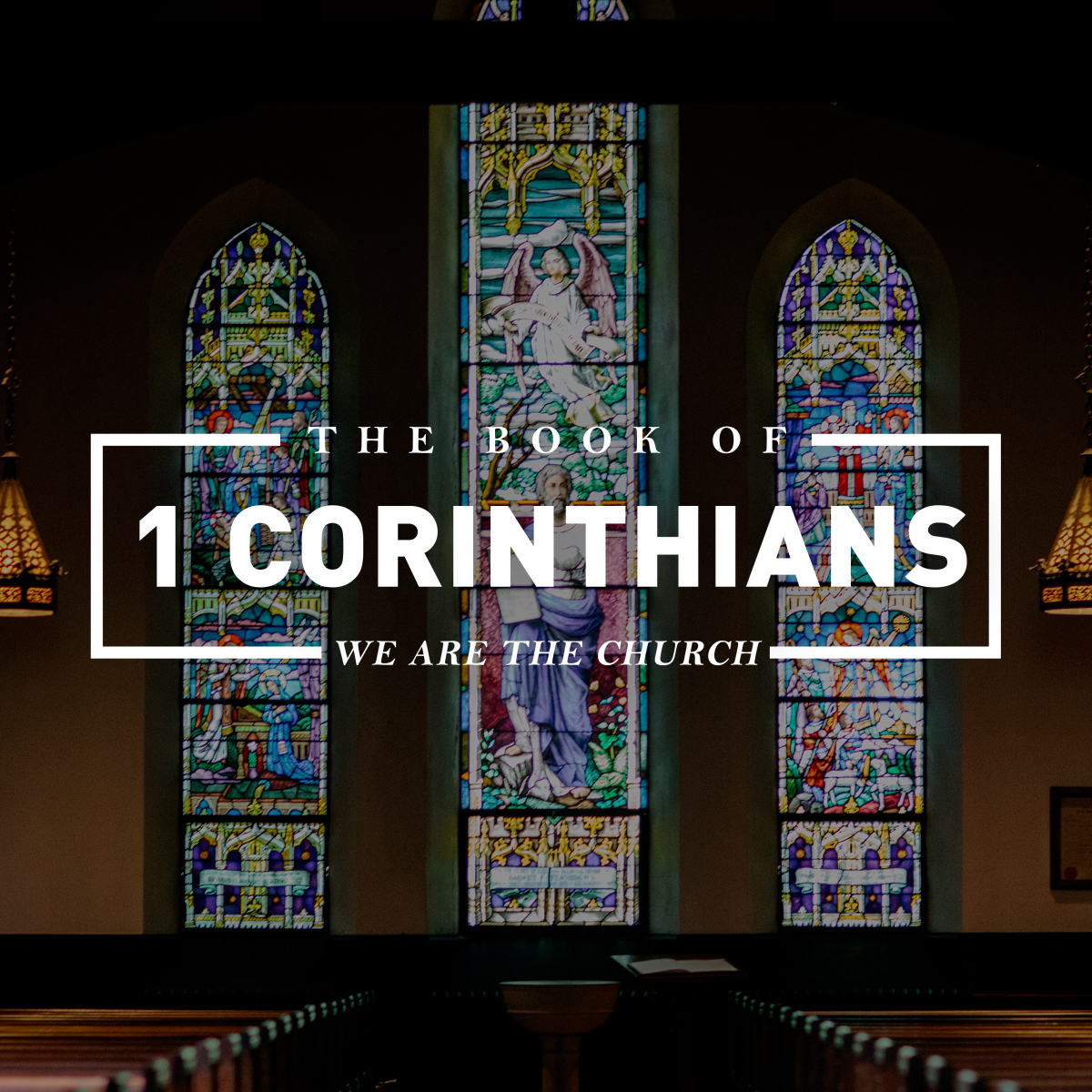1 Corinthians 11:23-26
For I received from the Lord what I also delivered to you, that the Lord Jesus on the night when he was betrayed took bread, and when he had given thanks, he broke it, and said, “This is my body which is for you. Do this in remembrance of me.” In the same way, also he took the cup, after supper, saying, “This cup is the new covenant in my blood. Do this, as often as you drink it, in remembrance of me.” For as often as you eat this bread and drink the cup, you proclaim the Lord’s death until he comes.
On Sunday, Patrina and I attended a small church in a New Haven, Kentucky. We sang some songs of worship from a hymnal, listened as the people in the church expressed their prayer requests and finally a sermon from the bi-vocational pastor of the church. And now, more than a day later, the pastor’s sermon from Malachi is clear in my mind. It was a simple service compared to the productions we often witness and it was centered on Christ and in some ways it reminds me of the simple description of the ordinance of communion, established by Christ.
It is said that Martin Luther once commented that “religion” is the default mode of the human heart.” Think about how complicated man has made the Church. Even in churches that appear to minimize the impact of ritual, rituals are ever-present. We like routine. It is safe. It is predictable.
Yet, before Jesus left His disciples, He instituted just two ordinances to be practiced by the church until His return: water baptism and communion.
In 1 Corinthians 11: 17-34, Paul provides clarity to the church at Corinth that was taking wrongful advantage of the ordinance of communion by using the Lord’s Supper as an opportunity to divide instead of unify the church.
In the text, Paul reminds us that when we eat the bread and drink from the cup, we remember Christ’s sacrifice. We remember that He died for us. We remember His love for us.
Second, whenever we participate in communion, we look forward to the Day when He returns. Jesus is no longer on the cross. He is risen and His return will not be as a sacrificial lamb, but as the King of Kings and Lord of Lords.
Communion is simple and profoundly memorable. What if we stripped away all of the “extras” from our services that are intended to worship and focused on the “basics”


0 Comments